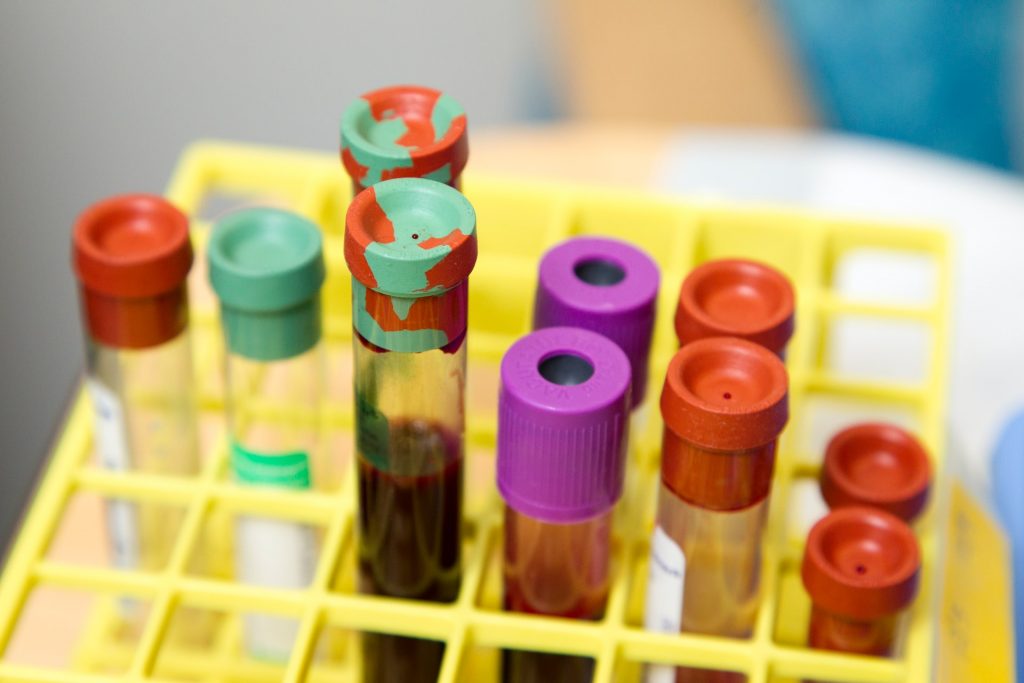Genetic testing is a touchy subject because of the implications it brings up with regards to future children. However, knowing the genetic make-up of you and your partner will mean you are more informed when making decisions before getting married or having children.
What is genetic testing
It is testing to see whether a person is a carrier of abnormal genes, which can result in a disease in future children. It is done usually through a blood test.
Why do genetic testing
Genetic testing is done to identify if there are any “faulty” or disease-carrying genes present in a person. This is because two sets of the same gene, one from each parent, might not cause a defect for them but when combined could result in a child with a disability or disease.
It should be noted that a child with a disability or disorder is not inherently a negative outcome. Society has framed it in such a way that it seems like an undesired outcome, but with more inclusivity and support, this no longer has to be the case and of course, does not lessen the value of the child as a human being.
However, being prepared to care for a child with a possible issue is key for parents. Without this mental and economic preparation there can be serious strain on everyone involved.
This is why genetic testing can be useful. If parents are identified as being carriers of a specific abnormal gene, they can weigh up their options and decide what is best for them when it comes to future children.
Who should do genetic testing
Diseases such as Sickle Cell Disease, Tay-Sachs and others are commonly found in certain people groups from specific regions of the world. Tay-Sachs is commonly found in people of Jewish descent whose ancestors lived in Eastern Europe, while Sickle Cell is common among those from or with heritage from African or Mediterranean countries.
Understanding your background will help you find out if you should get tested, although with the mix of backgrounds many come from, it is easier to do it just to be safe.
Picture: Unsplash




















